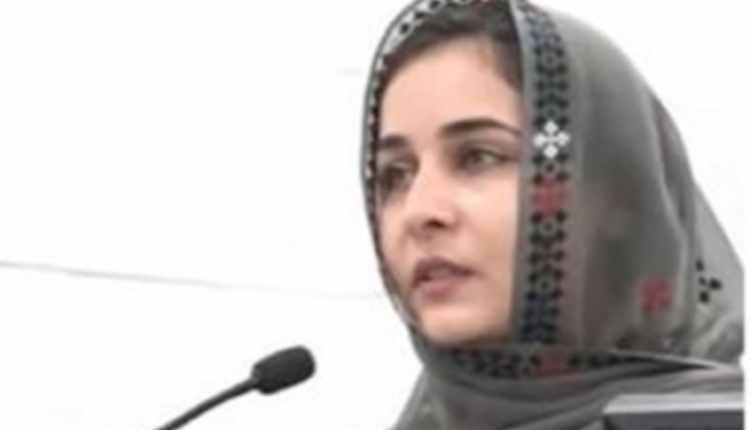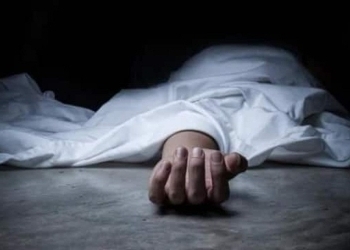New Delhi: Prime Minister of Canada Justin Trudeau accused the Indian Government of having potential links over the killing of a Canadian national Hardeep Singh Nijjar. India has called the accusations absurd and has called Canada a safe-haven for terrorists. Both countries are in a diplomatic spat with each other and relations are at an all-time low with no side budging.
India has stopped issuing Visas for Canadians and has asked Canada to bring parity in its Diplomatic staff similar to that of India while Canada is seen coordinating with FVEY (intelligence alliance of Anglo-Saxon countries) to put pressure on India to come forward and cooperate in the investigation.
While it is important for every country which pursues Rule of Law to investigate every crime on its land, it often happens that some are given more importance than others while some are just brushed under the carpet. On June 18, Nijjar was shot dead outside Guru Nanak Sikh Gurdwara in Surrey, Canada and the Nijjar case continues to be investigated. On the other hand, Karima Baloch wasn’t so lucky. She died under mysterious circumstances and nobody took up her case.
Karima Baloch was a freedom activist from the Balochistan region of Pakistan and had to flee and take asylum in Canada in 2016 as she was being threatened by the Pakistan Authorities. While living in Canada, she continued her activism despite continuous threats on her life. This was confirmed by her husband Hammal Haider, who is himself an activist living in exile. On August 20, 2020, she left for a walk but didn’t return, two days later her body was found near Lake Ontario. Toronto Police confirmed that her death is being investigated as a non-criminal death and no foul play is suspected.
Threat to Karima’s life has remained perpetual and it travelled with her to Canada too. During her asylum case, her uncle was killed to give her a message. In Canada she was being watched daily. Karima’s brother Sameer recalls an episode when a caller described her daily routine and how she was enjoying with her three-year-old nephew in the park and continuously intimidated her to stop activism. With so many threats looming over her head, it is strange that Canadian Police and Government Officials didn’t look into the homicide angle, while her relatives and friends continued to press for an investigation. But the Canadian police were adamant about closing the case, a fact that says a lot about Canada’s rule of law.
Karima’s sister Mahaganj states how Pakistan created trouble during Karima’s burial in her hometown Tump, Balochistan. Firstly, Pakistani Forces mocked her as she landed in Karachi with Karima’s body and told her that she had now seen Pakistan’s power. The forces even warned that if they didn’t follow their instructions, they would bury Karima’s body themselves where her grave would never be found again. Pakistan Forces hated her so much that they snatched the Quran from the family and threw it away while the family were reciting passages for her last rites.
It is not the first time that Canada has been faced with such duplicity. The infamous case of Canadian citizen Maher Arar Extraordinary Rendition, where the Canadian agencies knew Arar was not a terrorist but still complied with the request by the American agencies for a rendition of Arar to Syria, where he was tortured but ultimately was declared innocent.
While Canadians are keen to investigate the murder of Hardeep Singh Nijjar and want to bring accountability and justice for Nijjar’s killing, it would also be pertinent if Canada reopens an investigation into Karima Baloch’s death as there are credible reasons to believe that Pakistan has killed Karima Baloch. The rule of law cannot be partial in any country, especially in a free democratic one.
(IANS)















